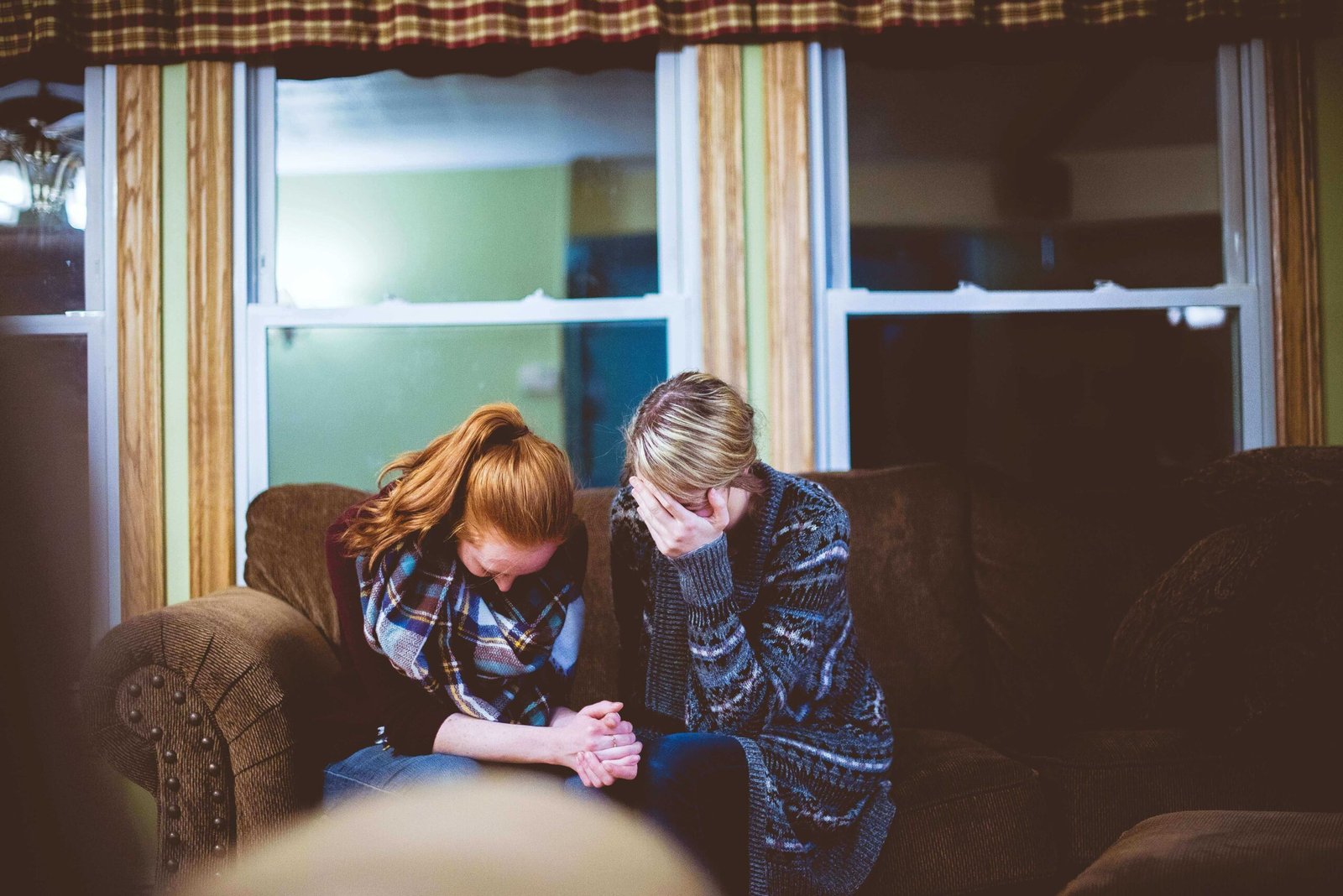

You may be head over heels for your partner, thinking they would never do anything to hurt you. While intimacy in a relationship comes in many forms, if there’s one thing we all know, it is that intimacy is never meant to be abusive. Before we dig deep into spotting out the signs of gaslighting, it’s important to understand what gaslighting is.
“To gaslight” someone is defined as someone who undermines and attempts to alter another person’s reality. This is achieved by denying facts and feelings. The purpose of gaslighting is to manipulate someone into thinking that their feelings and thoughts are untrue. By doing so, the victim doubts themselves and gives control to the gaslighter.
Gaslighting is a form of abuse as the victim loses a sense of identity and self-worth. Someone who gaslights tends to have narcissistic and sociopathic qualities as their goal is simply to gain power and control over another.
Good question. You may love your partner and are hoping that by having them recognize their behavior, they’ll be able to change. Now, I don’t want to say it’s impossible. However, people who gaslight tend to have antisocial personality traits that are extremely hard to overcome unless that person is aware of their condition.
Many people who are being gaslighted don’t actually realize it’s happening to them. These people are victims of gaslighting emotional abuse. Here are some of the signs you may be a victim of gaslighting emotional abuse:

Do you really need to “handle” a gaslighter? If you feel you’re a victim of gaslighting, the first thing you need to do is seek therapy. A therapist can help you understand your situation and help you decide on your next step.
While you may have feelings for this person, if they’re gaslighting you, it will not get better until they choose to work on themselves. If your partner wants therapy, go to intimacy counseling with your partner.
Most gaslighters aren’t interested in seeking help, and if that’s the case with your partner, it’s best to walk away then continue receiving their emotional abuse. While you may be torn to walk away, this is not a sign of intimacy in a relationship. It’s abuse.





If you want to increase intimacy and connection in the boudoir, here’s what you need to do.

So, if you’re reading this, there’s a chance that you’re not feeling good about your relationship. If you’re asking yourself, is my relationship toxic? It’s time to know the signs. Here are the signs of a toxic relationship.

You’ve met someone that you’re sure is the one. Now, I’m not going to tell you you’re wrong. I don’t even know you! But here’s the thing, are they really the one? Here’s how to know if you met the one.

Rather than asking are rough patches in a relationship normal, what you should be asking yourself is what’s causing them and how to overcome those rough patches.
Get real relationship and dating advice straight to your email now.